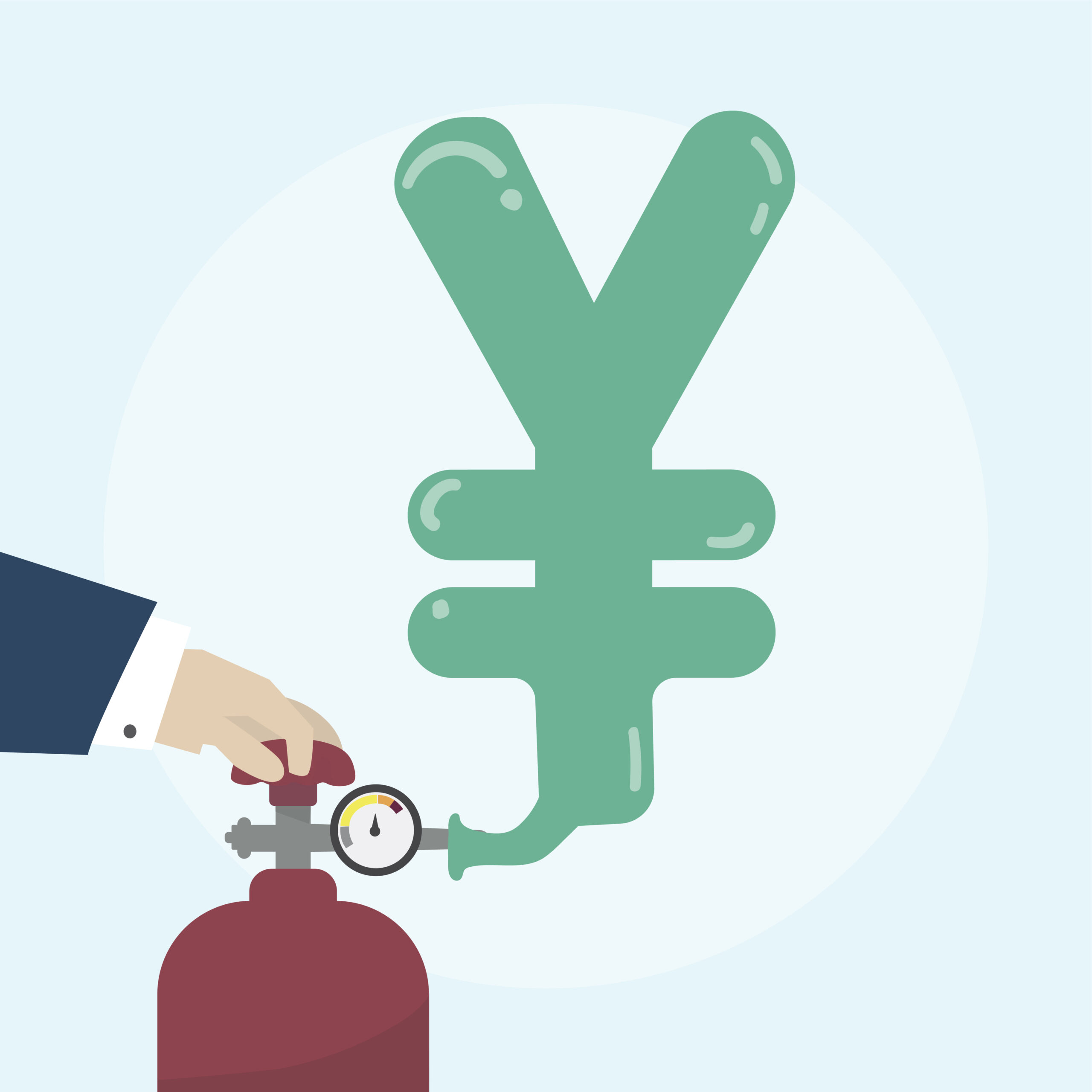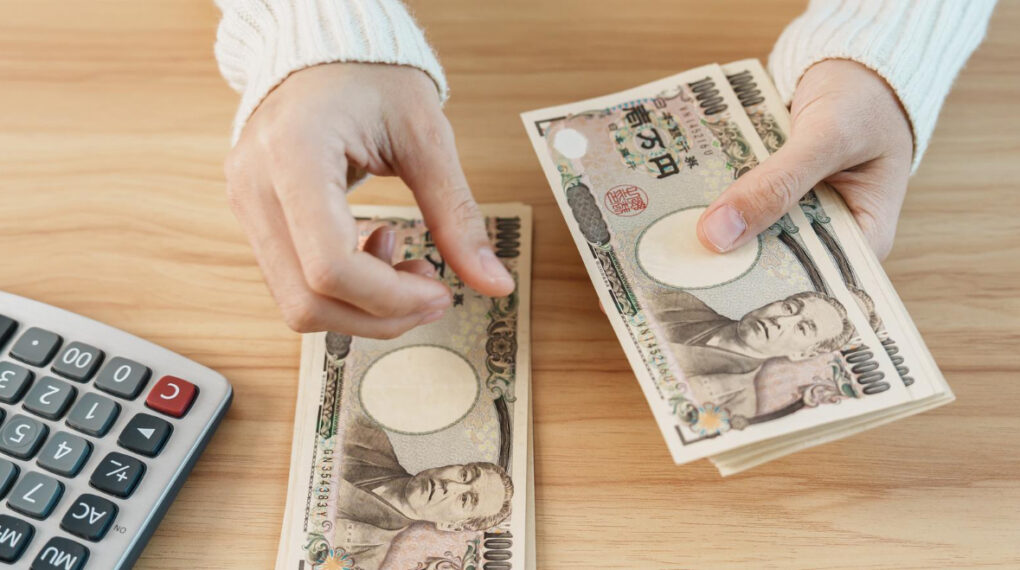The Yen exchange rate has experienced a significant decline, reaching the lowest level in some decades. This decline gives rise to various speculation and concerns among market players and analysts about the Japanese economy
Reasons on Yen weakening

Policy Loose Monetary
The Bank of Japan (BOJ) has maintained a loose monetary with low or negative interest rates for several years. This policy aims to push the growth of the Japanese economy and achieve stable prices. However, these low interest rates, make the yen less interesting for investors who are looking for higher return results from dollar base assets or other currencies
Differences in Interest Rates with Other Countries
The US Federal Reserve has to raise interest rates to overcome inflation, while the BoJ maintains interest rates low. This will cause capital flows to go out from Japan to the US, which weakens the value of the yen against the dollar
Intervention Limited from the BoJ
Although the BoJ has intervened in the foreign exchange market to stabilize the yen, its impact is limited. BoJ’s main goal is stability in domestic prices. This policy creates uncertainty in the market, which is weakening the yen
Strengthening US Dollar
Raising the interest rates by the Federal Reserve makes the dollar stronger than other currencies, including the yen. This matters because of the worsening and weak yen situation
Economic Impact of Yen decline
Enhancement Export
The decline in the yen makes product exports in Japan cheap and competitive in the international market. It will increase the export volume in Japan deliver encouragement to the manufacturing sector and improve the economics
Increase in Import Prices
On the other hand, imports become more expensive, which can increase the pressure on domestic inflation. The imported goods like raw materials and energy will experience increased prices, which in turn can push higher production costs and consumer prices
Impact on Foreign Investment
The yen can weaken and make assets in Japan cheap for foreign investors, who can increase investment in foreigners in Japan. However, this is also possible to make Japanese investors tend to look for more profitable investments abroad.
Resolving Steps Yen decline
Tightening Policy Monetary
BoJ can consider raising the interest rates to attract more investment to the yen. However, steps like this must done carefully to avoid a negative impact on the recovery of the domestic economy.
Intervention in the Foreign Exchange Market
Government Japan can be more active in the foreign exchange market to stabilize the yen. However, successful intervention will depend on global market conditions and responses from other countries.
Focus on Domestic Economic Growth
Increasing domestic economic growth through structural reform and productivity improvement can help strengthen the yen. It includes increased innovation, investment infrastructure, and improvements in work skills.
The root cause of the decline of the Yen exchange rate is a combination of loose monetary policies, differences in interest rates with other countries, and strengthening US dollars. The impact is complex, giving profit for export Japan but increasing the cost of imports and pressure inflation domestically. To overcome this problem, the BoJ and the government of Japan need to consider tightening monetary policies, intervening in foreign exchange markets, and focusing on improving the growth economy domestically.



